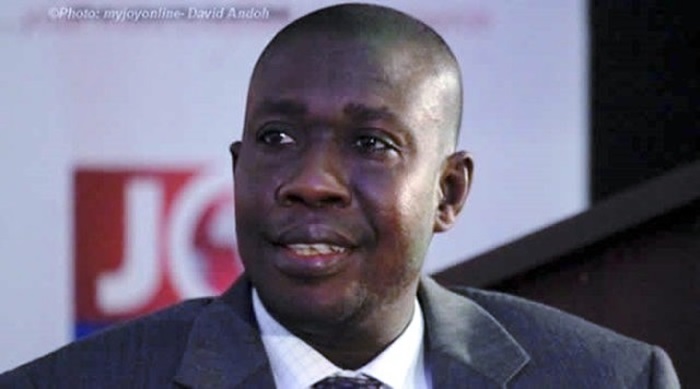An Economics lecturer at the University of Ghana says the recent cedi appreciation must be viewed with caution, warning that the underlying fundamentals of the economy have not changed.
Professor William Baah Boateng, speaking on Joy News’ PM Express Business Edition on Thursday, May 8, cautioned against being carried away by the strengthening currency, especially when the structure of the economy remains unchanged.
“When you look at the structure of the economy, we still have the same structure as it used to be last year,” Prof. Baah Boateng said.
“But something is happening in terms of the fiscal. Government has tried as much as possible to manage expenditure, and that is one thing you cannot lose sight of.”
He clarified that the current policy posture should not be confused with aggressive cost-cutting.
“Government is not cutting expenditure. We have to differentiate between cutting expenditure and managing expenditure,” he said. “Government is making sure that the expenditure it incurs will be supported by economic activity. That helps tame the fiscal side.”
Prof. Baah Boateng explained that such fiscal discipline is easing pressure on the monetary side.
“Now, if fiscal is putting its acts together, then it means that the mess will not be there for the central bank to come in. The central bank will have peace of mind to focus on monetary and exchange rate policy,” he added.
He also weighed in on calls from some business leaders, particularly those in GUTA, who are celebrating the cedi’s strength and predicting further gains.
“I disagree with my friend from GUTA who said he would be happy to see the dollar go from ¢13.49 to ¢5,” he said pointedly. “I’ll be happy if he says that when the dollar goes down, he will reduce his prices accordingly. But if that’s not going to reflect in the domestic market, then we have to be very careful.”
Prof. Baah Boateng was especially critical of traders who increase prices when the cedi weakens but fail to reduce them when it appreciates.
“If the cedi is appreciating, then they should reduce the price in anticipation of further appreciation,” he insisted. “Importers always increase prices in anticipation of depreciation. Let’s see the same behaviour in reverse.”
On the role of the Bank of Ghana, the economist praised the central bank’s calm stance.
“What I see the central bank doing is watching and not just reacting,” he said. “There’s no economy that has only demand and supply doing everything. There is always some regulation. So the Bank of Ghana’s posture is prudent.”
He cautioned again, “Don’t let us just talk about perfect competition or extreme monopoly. No economy is purely one or the other. There is always intervention.”
Prof. Baah Boateng emphasised that while the current economic environment appears to show signs of recovery, the fundamentals require sustained structural reforms and responsible fiscal management—not just short-term currency appreciation.
Source: Adomonline

